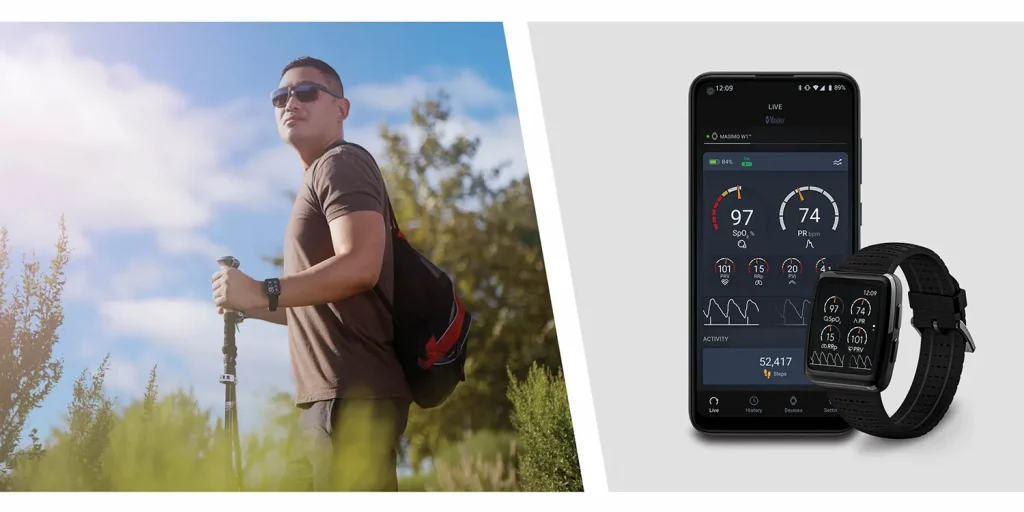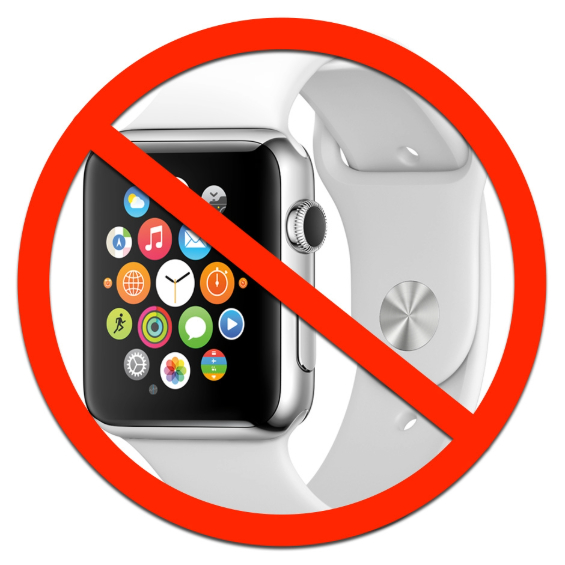- Apple’s Series 9 and Ultra 2 smartwatches temporarily withdrawn due to a potential patent infringement, with a looming ban if not overturned by President Biden.
- Masimo alleges Apple Watch’s blood oxygen sensor infringes patents, sparking legal battles. The dispute raises questions about the impact on health research and medical innovation.
- The ITC’s ruling could have a broad economic impact on Apple and its suppliers, highlighting the role of tech companies in national economies and the need for adaptable patent laws.
Apple suspends series 9 and ultra 2 smartwatch sales amid patent dispute
Apple (AAPL.O) has announced the suspension of sales for Series 9 and Ultra 2 smartwatches this week. This move is in response to an order from the United States International Trade Commission (ITC), potentially implicating Apple in the infringement of medical technology company Masimo‘s (MASI.O) patent rights when importing these devices. The ITC’s decision is set to be reviewed by President Joe Biden before December 25, and Apple has stated it will comply with the ruling if not overturned. The ban is scheduled to take effect on December 26 if not vetoed.
Apple has stated it will suspend sales on its website from December 21, with retail stores ceasing sales after December 24. Other uncontested models, such as the budget-friendly Apple Watch SE, remain available for purchase. Ryan Reith, Vice President of Mobile Device Tracking at IDC, suggests that while U.S. holiday sales may not be greatly affected, Apple could experience a comprehensive impact in January and February, typically the slowest sales months in the U.S.

Exploring the nexus of technology, law, and innovation: Unpacking the Apple-Masimo legal battle
At this critical juncture facing a potential ban on Apple Watch sales, Apple is mounting a counteroffensive to defend its product and supply chain interests. While experts are cautious about whether the Biden administration will veto the ITC’s decision, this dispute involves deeper issues.
Apple Watch is not just a wearable device but a technology that plays a crucial role in health monitoring. It is believed to have potential life-saving capabilities, providing users with more health data. However, the ITC’s ruling may directly impact clinical health research relying on this technology. This raises a thought-provoking question: Can patent disputes hinder scientific research and medical innovation?
From an economic perspective, although Apple Watch sales are relatively smaller compared to the iPhone, its share in Apple’s business cannot be overlooked. The execution of the ITC’s ruling could have a ripple effect on Apple’s suppliers and the broader consumer base. This prompts a broad topic: How important is the role of technology companies in the stability and development of a nation’s economy within the global supply chain?
In this context, the flexibility of patent law to adapt to rapidly advancing technological innovation becomes a contentious issue. As technology continues to evolve, striking a balance between protecting patent rights and encouraging innovation becomes increasingly crucial. Readers may contemplate: Does the patent system need further adjustments to accommodate today’s fast-paced technological society?
In this clash of technology and law, we witness how a product integrates into users’ daily lives while also seeing the impact of legal decisions on technological development. As this dispute unfolds, we will continue to monitor its profound effects on the fields of technology, healthcare, and the economy.
Apple and Masimo lock horns: Legal battle and tech strategies unveiled amidst Apple watch ban threat
Masimo’s CEO, Joe Kiani, has expressed a willingness to negotiate with Apple, while Apple plans to appeal the ITC’s ruling in federal appeals court, deeming it erroneous. Apple’s stock price fell by 0.9% on Monday, and Masimo accuses Apple of hiring its employees to steal its pulse oximetry technology, integrating it into the Apple Watch.
In response to the potential ban, Apple is exploring legal and technological solutions, including potential adjustments to algorithms in its smartwatches. If the ban is enforced, Apple will strive to submit solutions to U.S. customs to reintroduce the products to the market. While Apple spokespersons have indicated the company is exploring technical options to ensure customer access to the Apple Watch, no official comments have been made regarding Bloomberg’s report.
This patent dispute could impact Apple’s global smartwatch market share, and the company is attempting to mitigate potential losses through appeals and technological adjustments.
Also read: 2015 Apple watches tagged “obsolete”, including the 17k Hermes version
Apple-Masimo legal battle: navigating the impact on smartwatch innovation and market dynamics
Over the years, medical technology company Masimo and Apple have been involved in multiple legal disputes, with the focal point being Masimo’s allegations that Apple Watch’s blood oxygen sensor technology infringes on its multiple patents.
Apple emphasizes that today’s announcement and the upcoming suspension of Apple Watch sales are proactive measures “in case the ruling takes effect” to comply with the decision.
Apple intends to appeal the decision regarding the blood oxygen sensor patent technology of Apple Watch to the United States International Trade Commission (ITC).
Apple believes that the ITC’s decision will harm its suppliers and consumers, potentially leading to a more significant impact on the overall economy.
Apple states that Masimo is attempting to use this lawsuit to drive the launch of its own smartwatch product. If the ITC’s decision is upheld, Apple claims that Masimo itself will see no substantial benefits since Masimo’s smartwatch cannot replace the Apple Watch.

